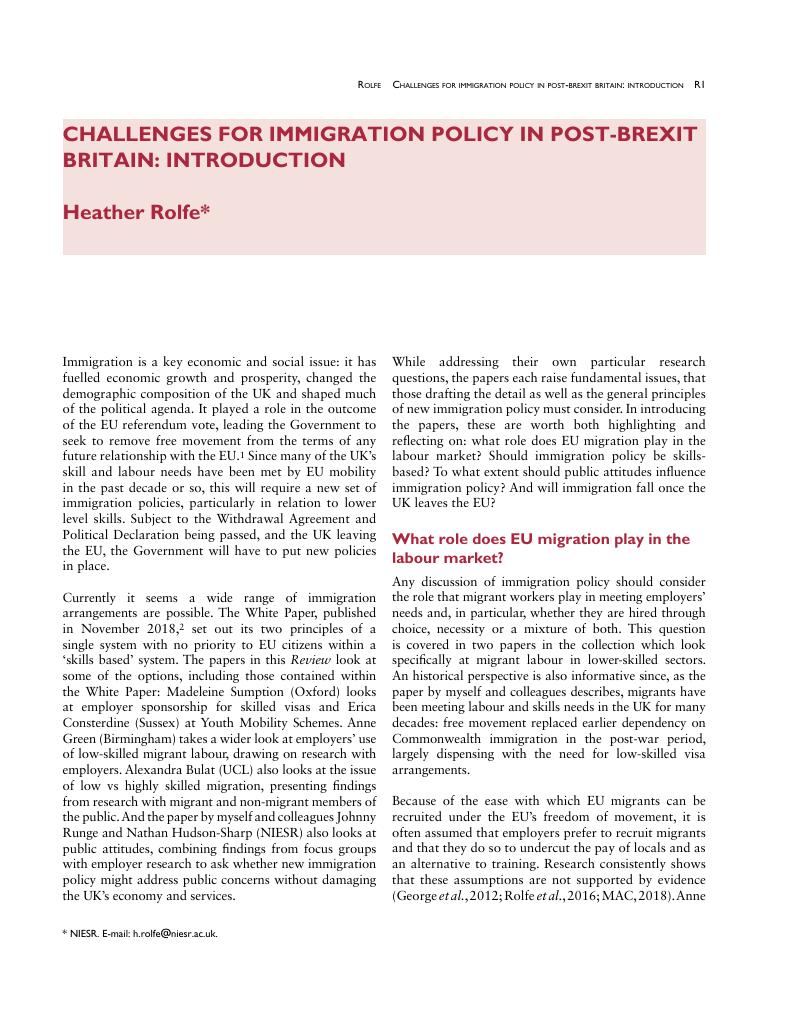Crossref Citations
This article has been cited by the following publications. This list is generated based on data provided by Crossref.
Devanney, Carol
Lloyd, Anthony
Wattis, Louise
and
Bell, Victoria
2021.
‘We are still quite patchy about what we know’ International migration and the challenges of definition, categorisation and measurement on local service provision.
Journal of Ethnic and Migration Studies,
Vol. 47,
Issue. 15,
p.
3583.



